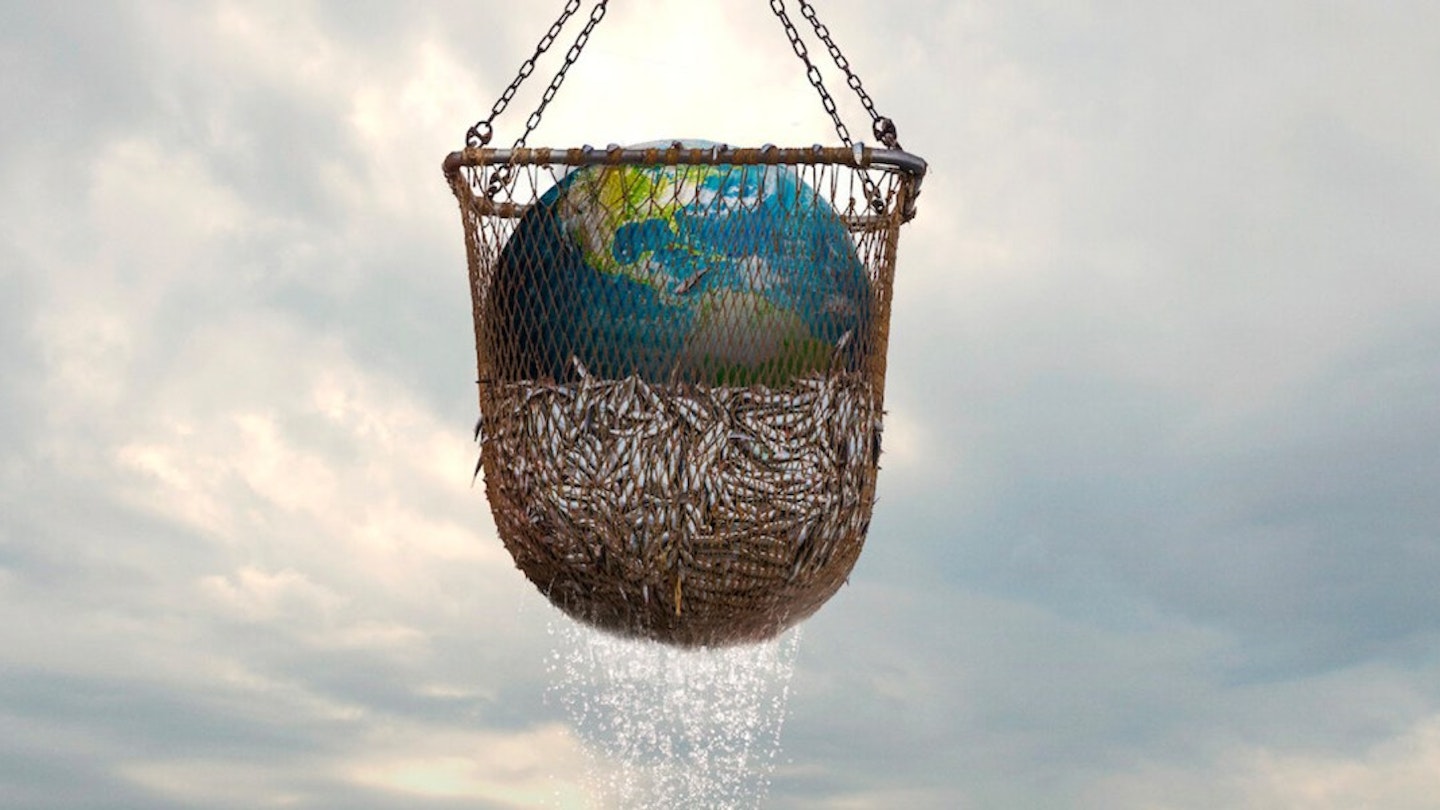Remember when Cowspiracy landed, the 2014 documentary which explores the impact of animal agriculture on the environment, and everyone who watched it was instantly converted to vegetarianism? Well, a new documentary has hit Netflix which will make you reassess your fish-eating habits and question anyone who orders a shrimp cocktail in future.
Seaspiracy, which takes a sobering look at the consequences of overfishing, commercial whaling, microplastics and fish farm slavery, has already caused a stir and raised serious questions about the future of our oceans.
It follows director Ali Tabrizi as he speaks to fishing industry experts and activists. The film looks at the harm that humans do to marine species—and uncovers alarming global corruption: from ‘sustainably’ farmed fish packed into floating cages being eaten alive by an epidemic of lice to Thai fishermen who were practically enslaved to keep costs of the fishing industry down. There's also a harrowing whaling hunt scene, where the waters turn bright red from blood from the killed animals.
In one damning interview between Ali and a member of the Earth Island Institute - the organisation in charge of putting the ‘dolphin safe’ label on certain fish to signal the mammals weren’t caught up and killed as bycatch in nets – we hear they can’t guarantee that dolphins don’t die.
It also shines a light on a 2006 study which states we risk seeing empty oceans by 2048 if we continue to fish at the current rate. And it details the horrific practise of cutting sharks’ fins off and then tossing them back into the sea, with millions killed each year as ‘by catch’.
Since its release, journalist George Monbiot, who appears in the documentary, tweeted: ‘I watched #Seaspiracy on Netflix last night. It’s a brilliant expose of the greatest threat to marine life: fishing. This thread explores why we have so seldom heard the truth about what’s happening to our oceans.’
He goes on to say we need to ‘build movements against industrial fishing, not plastic straws. Demand massive and meaningful marine reserves. Tell the truth. And stop eating fish.’
Twitter user Isabella Verrico wrote ‘If we can change our whole way of living with such immediacy due to the threat of a virus, then why can’t we do it for the threat of our Earth!? Media? HELLO?? #Seaspiracy #Seaspiracy #Seaspiracy watch it! One of the most shocking things I’ve ever seen.’
This film is designed to shock and make you think about whether our eating habits are really worth ruining our oceans. I think we all know the answer to that. But, every now and then it takes a documentary to come along and open our eyes to the dark and destructive side to the things we do unthinkingly everyday.
Seaspiracy is on Netflix now.
Read More: Vegans Are Entitled To Their Own Shelf In The Office Fridge, According To New Guidelines
Read More: Has Eating Meat Become More Socially Unacceptable Than Doing Drugs?
